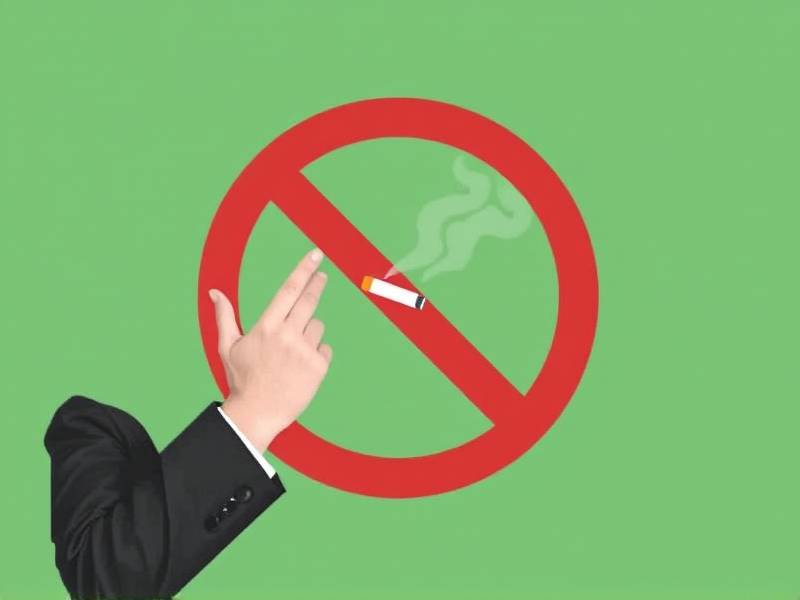What's the Best Way to Quit Smoking? Effective Tips and Strategies
What's the Best Way to Quit Smoking? Effective Tips and Strategies
Introduction: Smoking is a prevalent habit that poses significant health risks. The journey to quitting smoking can be challenging, but with the right approach and strategies, you can successfully overcome this addiction. In this article, we will explore some effective tips and strategies to help you quit smoking for good.
I. Understanding Your Motivation: Before embarking on your quit journey, it's essential to understand why you want to quit. Whether it's for your health, family, or personal well-being, having a strong motivation can significantly increase your chances of success.

II. Setting a Quit Date: Choose a specific date to quit smoking and stick to it. This could be a month from now or even tomorrow. Setting a concrete deadline creates a sense of urgency and helps you prepare mentally for the challenges ahead.
III. Develop a Quit Plan: A well-planned approach is crucial for successful quitting. Consider the following steps:
A. Identify Triggers: Identify situations or emotions that trigger your smoking habit and plan how to cope with them effectively.
B. Substitute Habits: Find alternative activities that can replace smoking, such as exercising, meditating, or engaging in hobbies.
C. Seek Support: Surround yourself with supportive friends, family, or support groups who can provide encouragement and guidance throughout your journey.
IV. Utilize Various Quit Methods: There are numerous methods available to help you quit smoking:
A. Nicotine Replacement Therapy (NRT): NRT products like gum, patches, lozenges, inhalers, or nasal sprays can help alleviate nicotine cravings and withdrawal symptoms.
B. Prescription Medications: Prescription medications such as varenicline (Chantix) or bupropion (Zyban) have been proven effective in reducing nicotine cravings and withdrawal symptoms.
C. Behavioral Therapy: Seeking professional help through counseling or therapy sessions can provide personalized strategies and support tailored to your needs.
V. Stay Consistent and Persistent: Quitting smoking is not an overnight process; it requires consistency and persistence. Here are some tips to help you stay on track:
A. Track Your Progress: Keep a journal or use an app to monitor your progress and celebrate small victories along the way.
B. Avoid Temptation: Stay away from triggers that may lead you back to smoking.

C. Reward Yourself: Set goals for yourself and reward yourself when you achieve them.
Conclusion: Quitting smoking is a significant step towards improving your health and well-being. By understanding your motivation, setting a quit date, developing a plan, utilizing various quit methods, and staying consistent, you can increase your chances of successfully overcoming this addiction for good.
